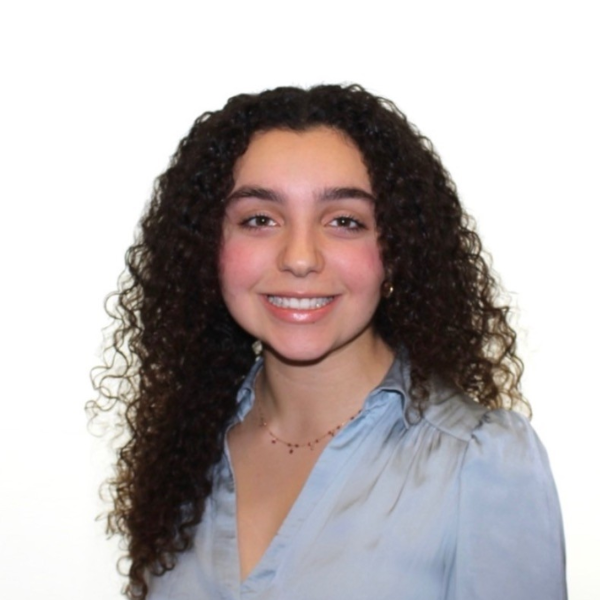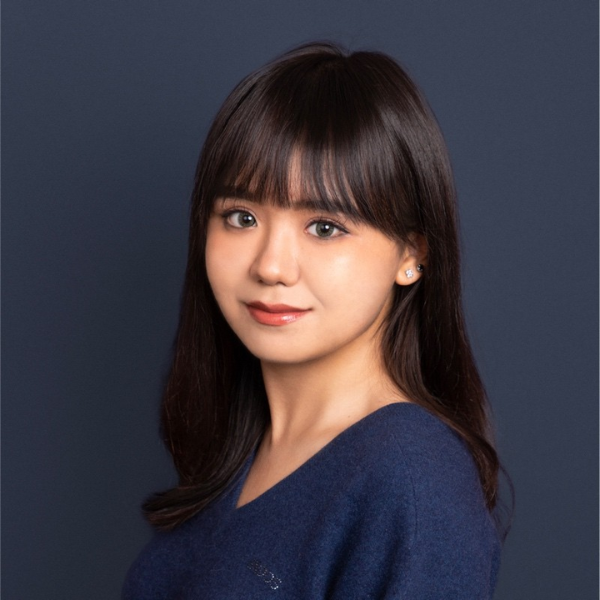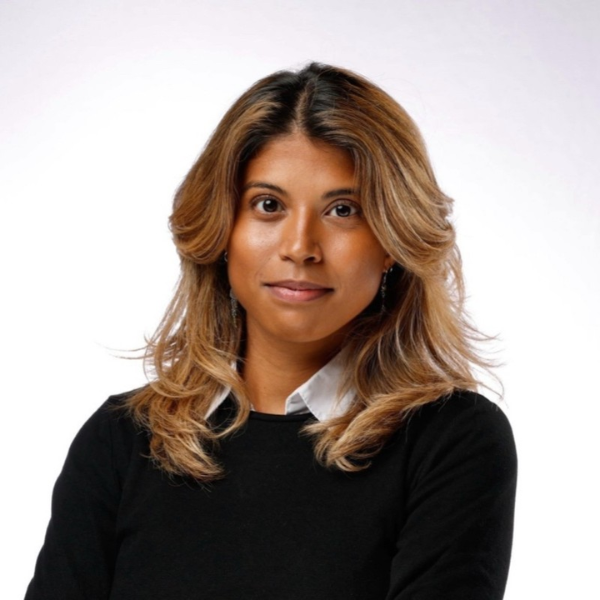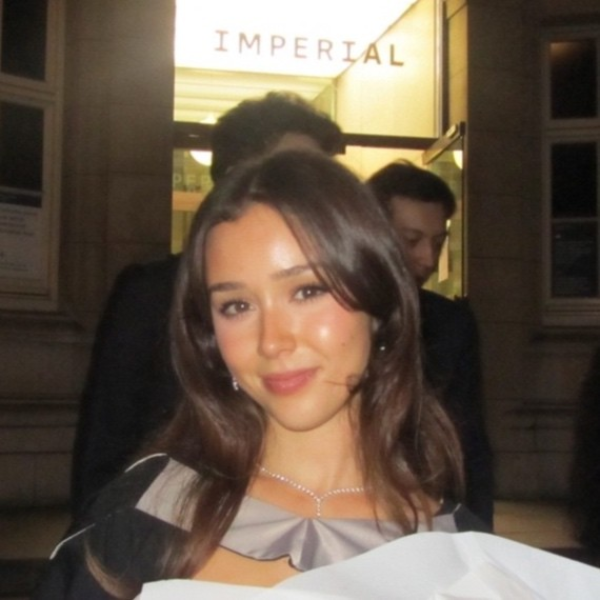I’ve always studied in international environments, but INSEAD really emphasises learning how different backgrounds shape the way people see the world.
Lydia Lisanti

Can you tell us a bit about yourself?
I’m Greek and Italian, but I grew up in London and went to an international school. I’ve always loved art and creative subjects, and for my undergrad, I studied Economics and Management for Arts, Culture and Communication at Bocconi in Milan. That way I could mix creativity with business.
Why did you choose the INSEAD MIM?
Two years ago, a friend of mine was in the programme and invited me to an Open Day event at the Fontainebleau campus, where he was a student ambassador. I went along, and honestly, I loved it. The faculty lecture and Masterclass were fascinating, but it was the people who really convinced me. The MIMs I met were so positive, excited about the programme, and genuinely eager to share their experiences. The energy was contagious. From that day, I knew INSEAD was where I wanted to be — in fact, it was the only school I applied to.
What skills are you hoping to gain here?
I want to strengthen both technical and management skills. On the technical side, I’m excited about things like accounting and even machine learning. On the management side, I want to deepen my ability to work with people from different nationalities and perspectives.
I’ve always studied in international environments, but INSEAD really emphasises learning how different backgrounds shape the way people see the world.
Any memorable experiences from the first few weeks?
The LEAD seminar with Professor Godart really stood out. We debated topics like power and authority, and it was fascinating to see how people from different countries backed up their views with examples from their own cultures. For me, being Greek and Italian, I approached it one way, while a Swedish classmate argued for equality and participation in another. It showed how much you can learn when you put diverse perspectives together.
We have also been working on a consulting case study for Villa Copenhagen’s CEO, where, with a team, we will be presenting our recommendations for possible ways to increase and diversify the hotel’s profits. It has been great to work on something that we can have fun with and suggest creative solutions that can have an actual impact. I am excited to see how we progress.
What has surprised you about the cohort?
Honestly, almost everyone. You can have a casual chat and later discover that this person has launched a startup, worked in an incredible place, or even started writing a book. People here are very humble, so often you find out through their friends rather than from them directly. What’s nice is how supportive everyone is — people are each other’s biggest cheerleaders.
How has the experience been overall so far?
It’s been even better than I imagined. The atmosphere is really positive.
What was your application journey like?
Since INSEAD was the only school I wanted, I started preparing early. I studied for the GRE in the summer before my final year of university, doing an hour or two in the evenings after work until I got it out of the way. I also attended a CV review session offered by Nancy Blyth-Piacentini in the recruitment team, which helped me structure things in a way INSEAD looks for. Writing the essays was a lot of personal reflection — making sure my motivation and international experience came through.
The video interview with Kira Talent had a few unexpected questions, but I tried to answer as best as I could, knowing my response wouldn’t be perfect, as there was little preparation time. The alumni interview was my favourite part: it felt relaxed and made me even more excited about joining the programme.
What are your career plans after graduation?
I actually just accepted a full-time job offer, and yes, I know that we’re only 5 weeks into the programme! This past summer, I interned in investment banking in London. It was challenging and very intense, but I loved the environment and the learning opportunities. At the end of my internship, I was offered a position, which I accepted. So my career plan following graduation is to join the firm’s Leveraged Finance team and focus on building skills and learning from my colleagues in my team and across the firm.
Do you have any advice for future applicants?
Don’t overthink it and be yourself. If INSEAD is really where you want to be, that will shine through. And definitely reach out to current or former MIMs.
In my experience, people are so willing to help — even those I didn’t know personally took the time to give me detailed advice. That generosity is part of the INSEAD culture.
If you could give advice to the Lydia from five weeks ago, what would you say?
Stay on top of your work from the start. After every class, take a little time to organise your notes and make sure you understand the material. It makes a huge difference when exams come around. In the first few weeks of the programme, most MIM students (including myself) focus heavily on the social side — after all, that’s a big part of what makes this programme special — but keeping up from the start will save you from last-minute cramming.




